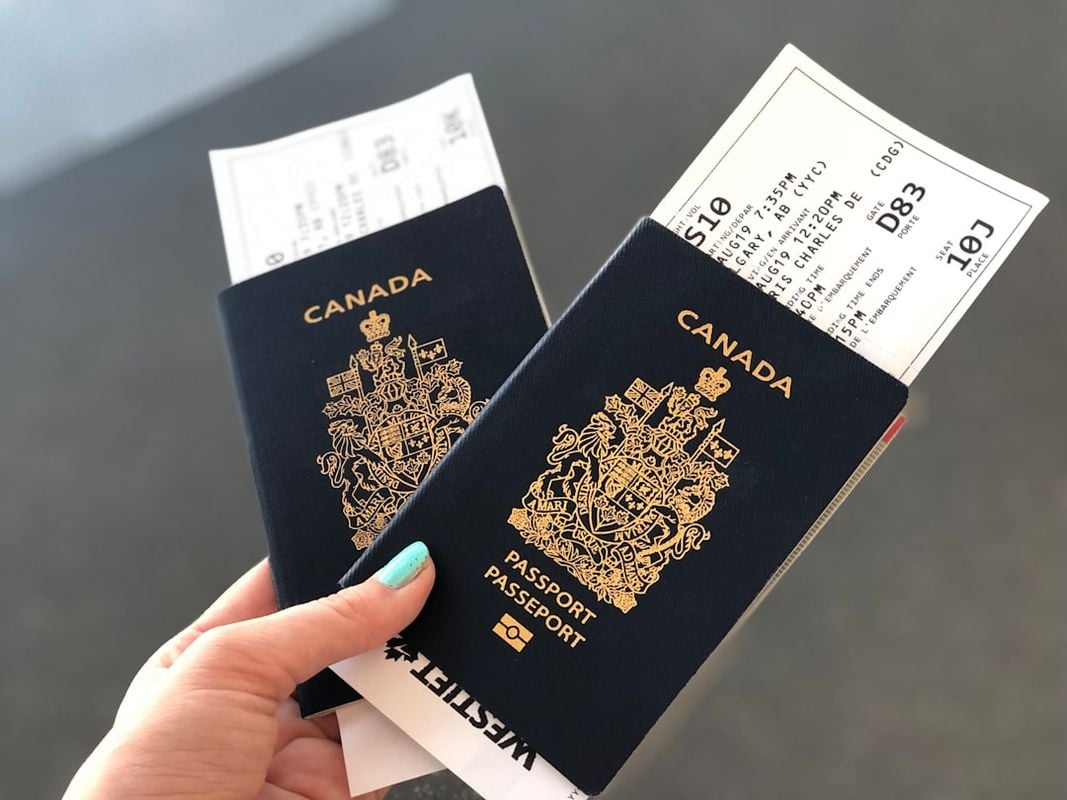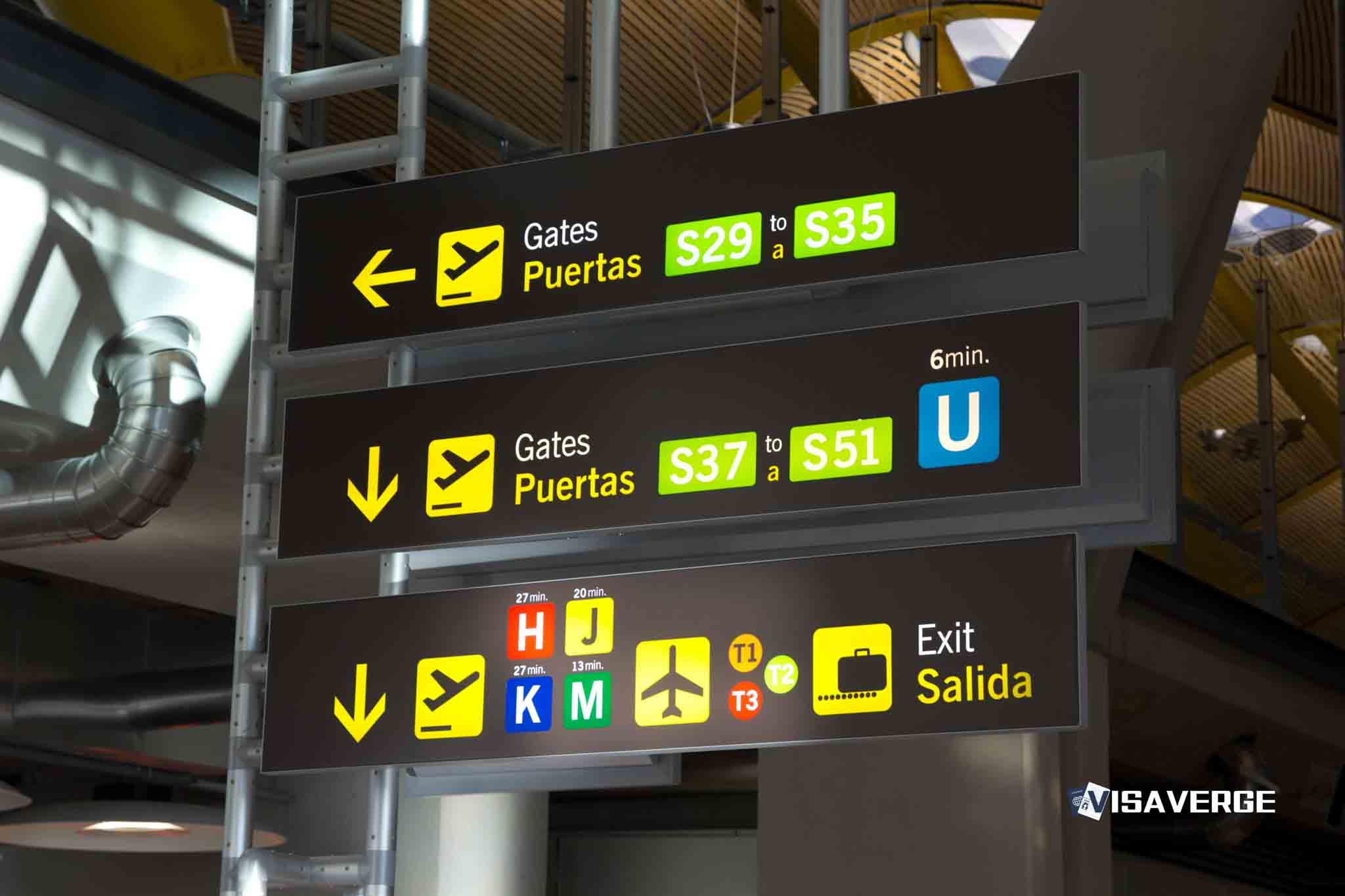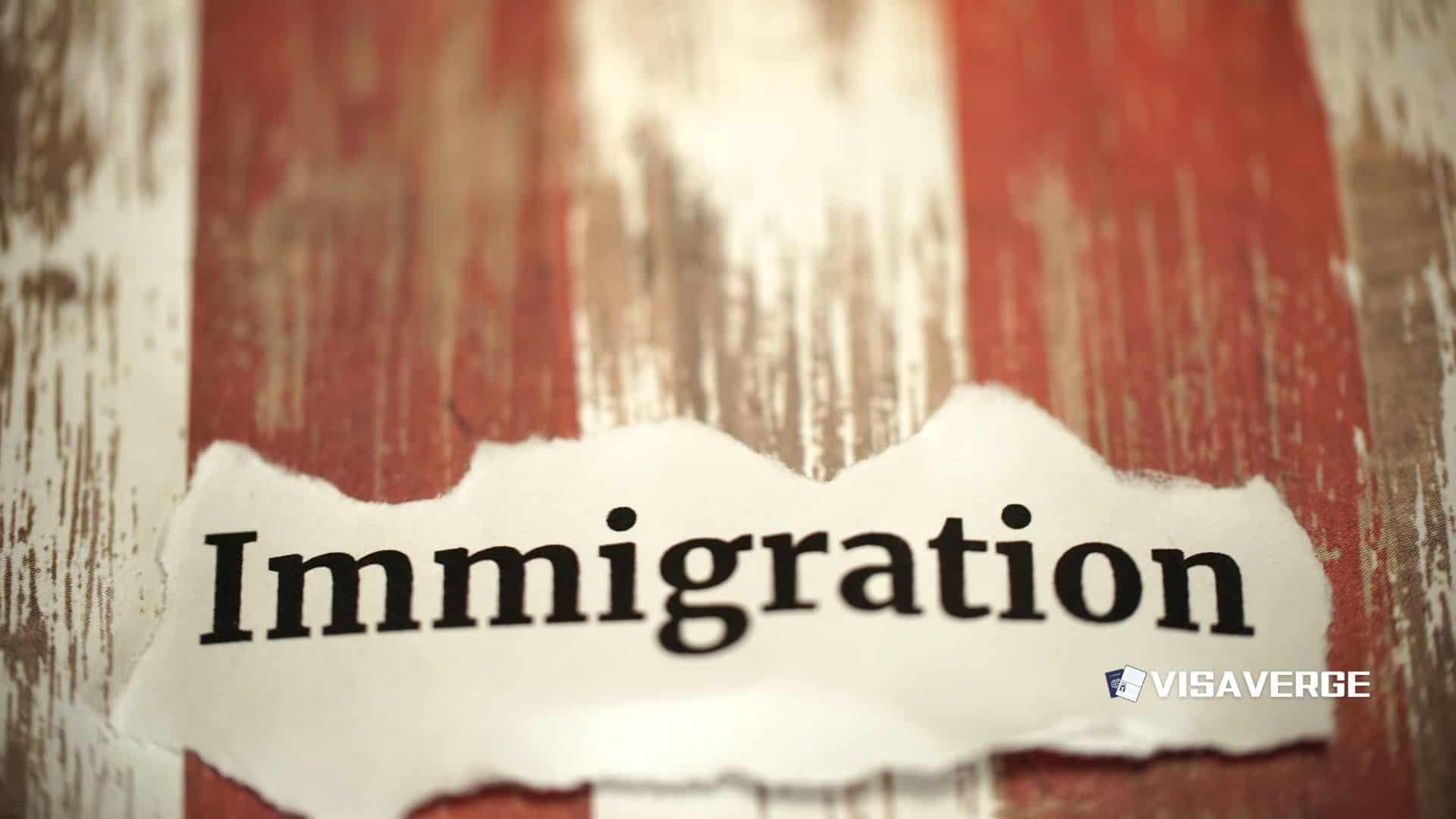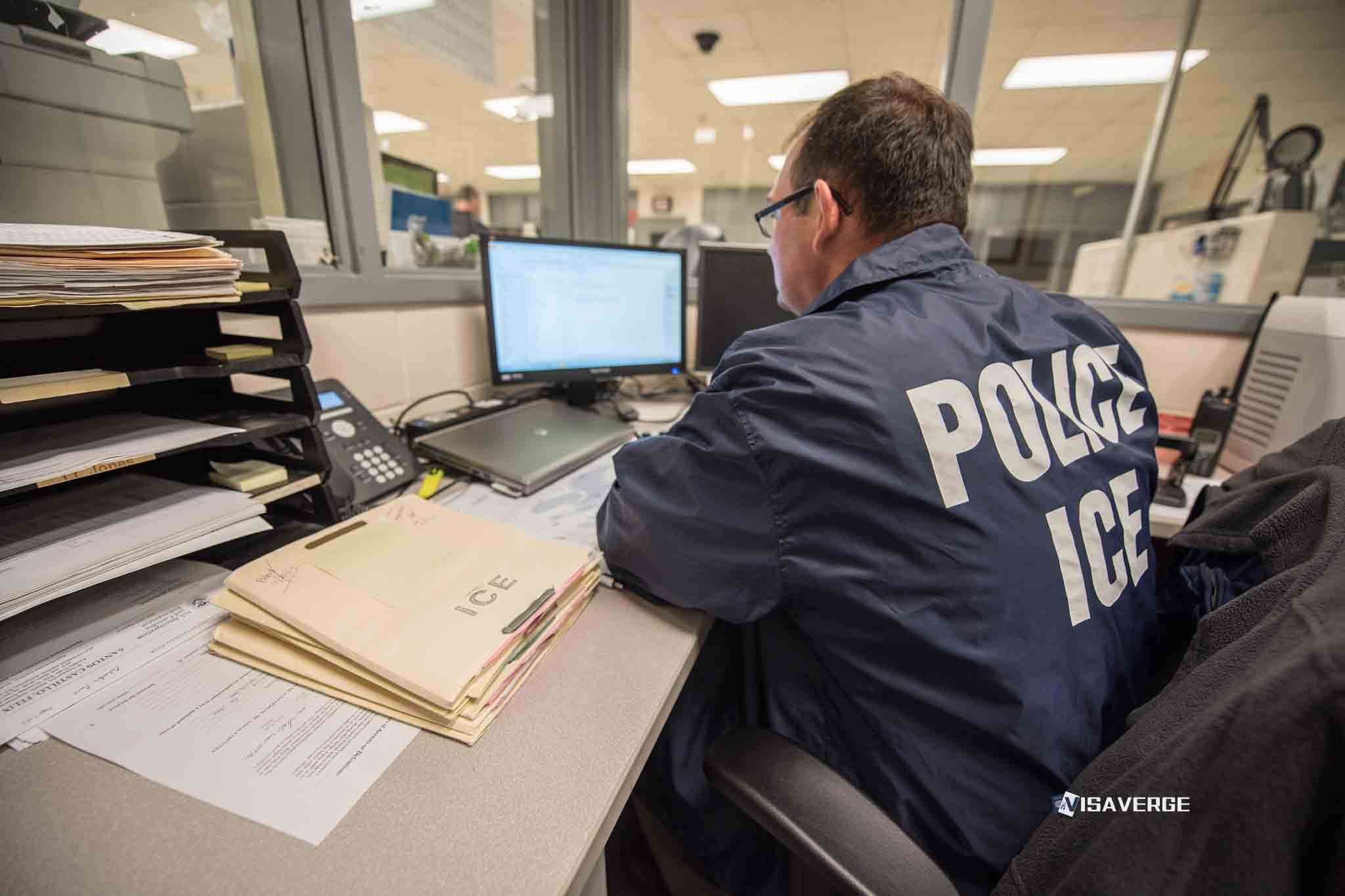(CANADA) Immigration, Refugees and Citizenship Canada released fresh wait time estimates on November 7 for a wide range of visa and permanent residence programs, offering a clearer picture of where the system is moving faster and where queues remain long as the year draws to a close. The latest figures show Express Entry at 5–6 months, Provincial Nominee Program (Express Entry-linked) at 6 months, and paper-based PNP at 16 months, with striking variation across Quebec and family sponsorship categories that continue to test the patience of applicants.
For families, the update confirms inland spousal sponsorship at 34 months, overseas spousal at 12–14 months, and parent and grandparent sponsorship at 18–24 months. Permanent resident card timelines stand at 61 days for new cards and 29 days for renewals. The data, tied to inventories and capacity planning inside IRCC, anchors the state of Canada Immigration Processing Times in November 2025 at a moment when demand remains high and policy pressure is intense.

Express Entry and PNP: digital speed, paper lag
The most closely watched number remains Express Entry, the flagship skilled worker system that continues to track near IRCC’s long-stated service standard.
- Officials still target a 6‑month turnaround for most economic applications in this stream.
- The fresh update shows the current range at 5–6 months for the Federal Skilled Worker, Canadian Experience Class, and Federal Skilled Trades programs.
- This relative consistency helps applicants plan job transitions and arrival dates with more confidence compared to other streams.
The PNP pathway connected to Express Entry is holding at 6 months, and the inventory tied to that track fell to about 10,700 people (down roughly 800 from last month). While modest, this improvement is meaningful for provinces that rely on steady nomination flows to meet local labor needs.
By contrast, the paper-based, non-Express Entry PNP flow is much slower:
- Processing: 16 months
- Inventory: roughly 96,000 people (up about 1,300 from prior month)
These are often applicants nominated on paper by provinces — frequently from small or rural communities — who face longer waits even when employers urgently need staff. The split between digital and paper channels remains stark and continues to shape application choices.
Practical impacts for employers and applicants
- Employers may need to reshuffle start dates, re-advertise roles, or use temporary work permits while awaiting outcomes.
- For families, the difference between a 6‑month wait and a 16‑month wait can mean a second school year away from loved ones.
Quebec: mixed trends, dramatic outlier
Quebec’s economic programs show varying performance:
- Quebec Skilled Worker: ~11 months; inventory near 26,400 applications (up ~1,600).
- Quebec Business Class: 84 months (7 years); inventory close to 4,100 applicants.
A seven-year horizon for the Business Class can render business plans and financing untenable, potentially pushing entrepreneurs to other countries or to extend temporary status while they wait. The disparity within Quebec highlights how streams inside the same province can move at very different speeds, complicating planning for employers, investors, and families.
Atlantic Immigration Program
- Processing: 13 months, which is above the program’s 11‑month service standard.
- For small employers in Atlantic Canada, an extra two months can mean missing peak-season hires.
- Sectors affected include healthcare, hospitality, and food processing.
- Delays may push applicants toward interim work options or lead companies to split roles into part-time or seasonal contracts.
Family sponsorship: long waits and human costs
Family sponsorship categories continue to be stretched, with clear human impacts:
- Inland spousal sponsorship: 34 months (nearly three years).
- Many inland sponsored spouses hold open work permits that help support households during the wait.
- Overseas spousal sponsorship: 12–14 months (faster and more predictable for travel and housing).
- Parent and grandparent sponsorship: 18–24 months, reflecting long-standing backlog and demand that exceeds program space.
These timelines translate into long separations, postponed care plans, and wider family disruption. Expect continued advocacy for increased processing capacity in these streams.
Permanent resident cards: steadier rhythm
Permanent resident card processing is comparatively consistent:
- New PR cards: ~61 days
- Renewals/replacements: ~29 days
Why this matters:
- Valid PR cards are needed for return travel to Canada, employer onboarding checks, and everyday identification.
- A two-month wait for an initial card requires planning for new residents who may need to travel soon after landing.
- Weekly updates by IRCC provide timely movement indicators for applicants.
Temporary residence: uneven, country-dependent
Temporary residence processing varies widely by location:
- Inside Canada study permit applications and extensions: up to 227 days (~7.5 months).
- Work permit times: similarly variable depending on in‑country vs. overseas filing.
- Visitor visa decisions fluctuate with applicant location and seasonal demand spikes.
The government directs applicants to the IRCC processing times tool for the most current timelines. Officials caution these numbers can shift as inventories and staffing change.
Why some files move faster than others
Several consistent themes explain the variance in processing times:
- IRCC’s 6‑month service standard for most economic files is a target; actual times can be longer with larger inventories.
- Online applications typically conclude faster than paper files.
- Priority handling is applied to certain groups, including healthcare workers and some in‑Canada family sponsorships.
- The processing clock starts when IRCC receives a complete application — missing documents or incomplete files can add months.
- Security checks, program caps, and extra verifications also extend timelines.
Complete, well-documented files move faster; missing items often lead to pauses that push cases into the next planning cycle.
Forecasts and shifting inventories
- Projections in IRCC notes rely on current inventories and expected processing capacity; they can change quickly with operational shifts or sudden intake spikes.
- Notable movements this month:
- PNP Express Entry-linked inventory dropped by about 800 cases (a small but concrete improvement).
- Quebec Skilled Worker queue rose by roughly 1,600 files.
- The 16‑month paper PNP reading underlines how older processes slow throughput even when demand is steady.
Analysis by VisaVerge.com and other observers shows the gap between digital and paper channels continues to shape outcomes — for example, whether job offers remain valid through long waits.
Outliers and ripple effects
- The 7‑year queue in Quebec’s business stream is a major outlier with real consequences:
- Entrepreneurs face timing and financing constraints that may push them elsewhere.
- Costs of bridging status, renewing temporary visas, and family disruption can be substantial.
- Long family waits (e.g., 34 months inland spousal) reshape housing, childcare, and employment decisions long before a final decision arrives.
Practical advice for applicants and employers
- File complete applications:
- The processing clock starts when a complete file is received.
- Missing civil documents, police checks, or proof of relationship cause delays.
- Prefer digital filing where possible:
- Online routes generally show faster outcomes, especially for economic streams.
- Build time buffers:
- Students and workers should account for potential delays (e.g., study permits up to 227 days).
- Check official tools regularly:
- Use the government’s public dashboard and digital case tools for up-to-date timelines.
Final snapshot: headline numbers (November 2025)
- Express Entry: 5–6 months
- PNP (Express Entry‑linked): 6 months (inventory down)
- Paper-based PNP: 16 months (large queue)
- Quebec Skilled Worker: 11 months (growing inventory)
- Quebec Business Class: 84 months (7 years)
- Atlantic Immigration Program: 13 months (target: 11 months)
- Inland spousal sponsorship: 34 months
- Overseas spousal sponsorship: 12–14 months
- Parent and grandparent sponsorship: 18–24 months
- New PR cards: 61 days
- PR card renewals: 29 days
- Inside‑Canada study permits: up to 227 days
Each figure represents different trade-offs for applicants, employers, and families. The challenge for Canada’s immigration system is to hold gains where progress exists (notably in digital economic channels) and to narrow the slow lanes so outcomes align more closely with applicants’ expectations and program service standards.
For planning and the most current program-specific times, rely on the official IRCC processing times tool: https://www.canada.ca/en/immigration-refugees-citizenship/services/application/check-processing-times.html
Frequently Asked Questions
This Article in a Nutshell
IRCC’s November 2025 data show faster processing for digital economic streams—Express Entry at 5–6 months and Express Entry‑linked PNP at six months—while paper-based PNPs average 16 months with a large backlog. Family sponsorship waits remain long (inland spousal 34 months; overseas spousal 12–14 months; parents/grandparents 18–24 months). Quebec’s Business Class is an extreme outlier at 84 months. New PR cards take about 61 days and renewals 29 days. Applicants should file complete online applications and monitor IRCC tools.













